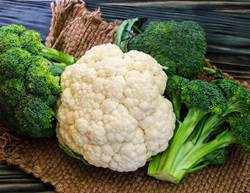In 2018, celery juice, the keto diet, and CBD oil-infused foods and drinks took over kitchens across the country-and we are hungrier than ever for more in 2019. But if you're looking to satisfy your, ahem, appetite for these diet trends and health foods, know this: there's more to the Instagram posts and sleek packaging that accompany these foods.
While there's no harm in trying new foods and different approaches to healthy eating, sometimes it's easy to get lost in the hype and see the cup of green juice half full. So to help you weed through the nutrition confusion, we asked some of the country's top registered dietitians to break down the latest and greatest diet crazes and health food trends. Here’s what they had to say.
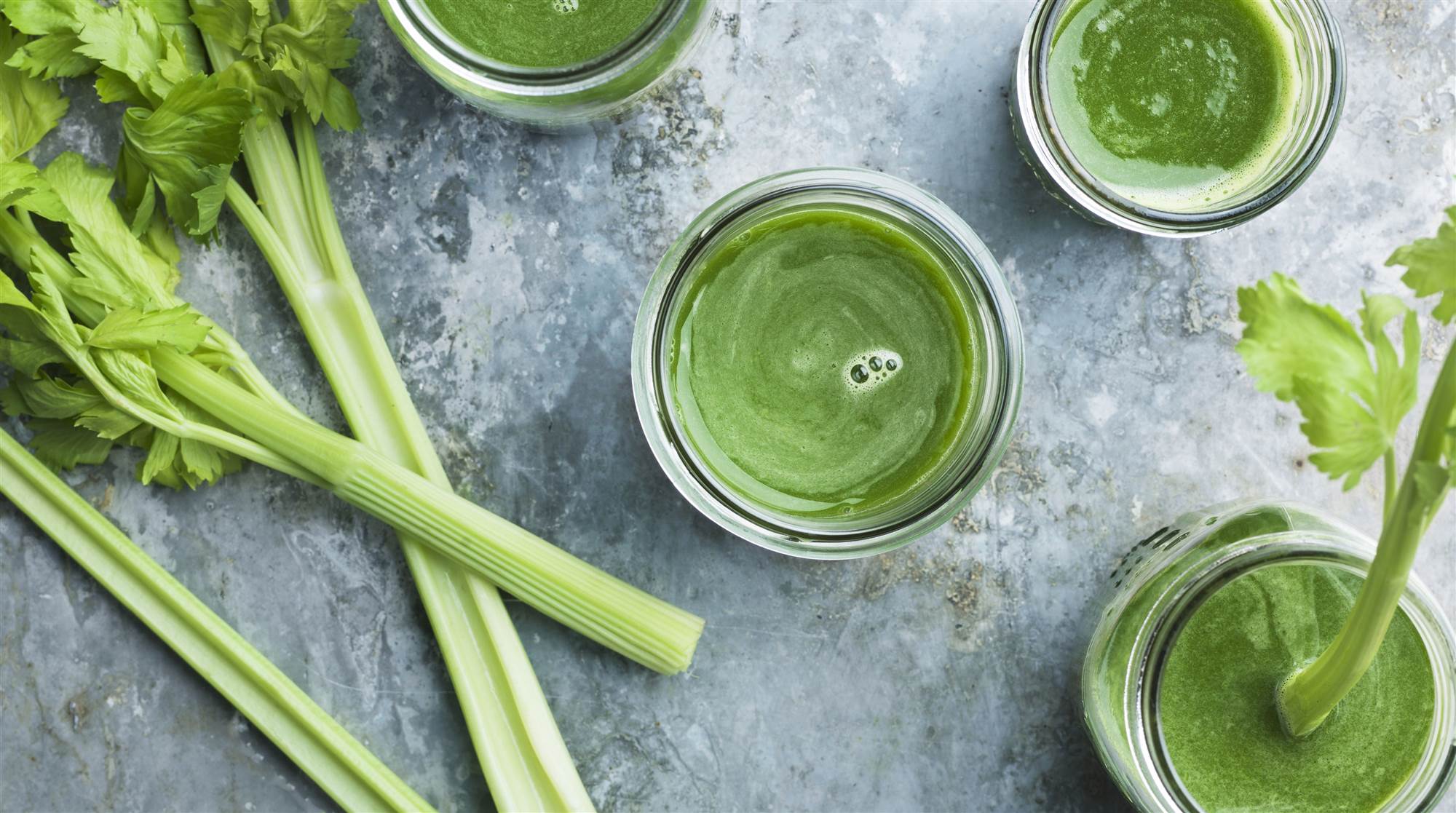
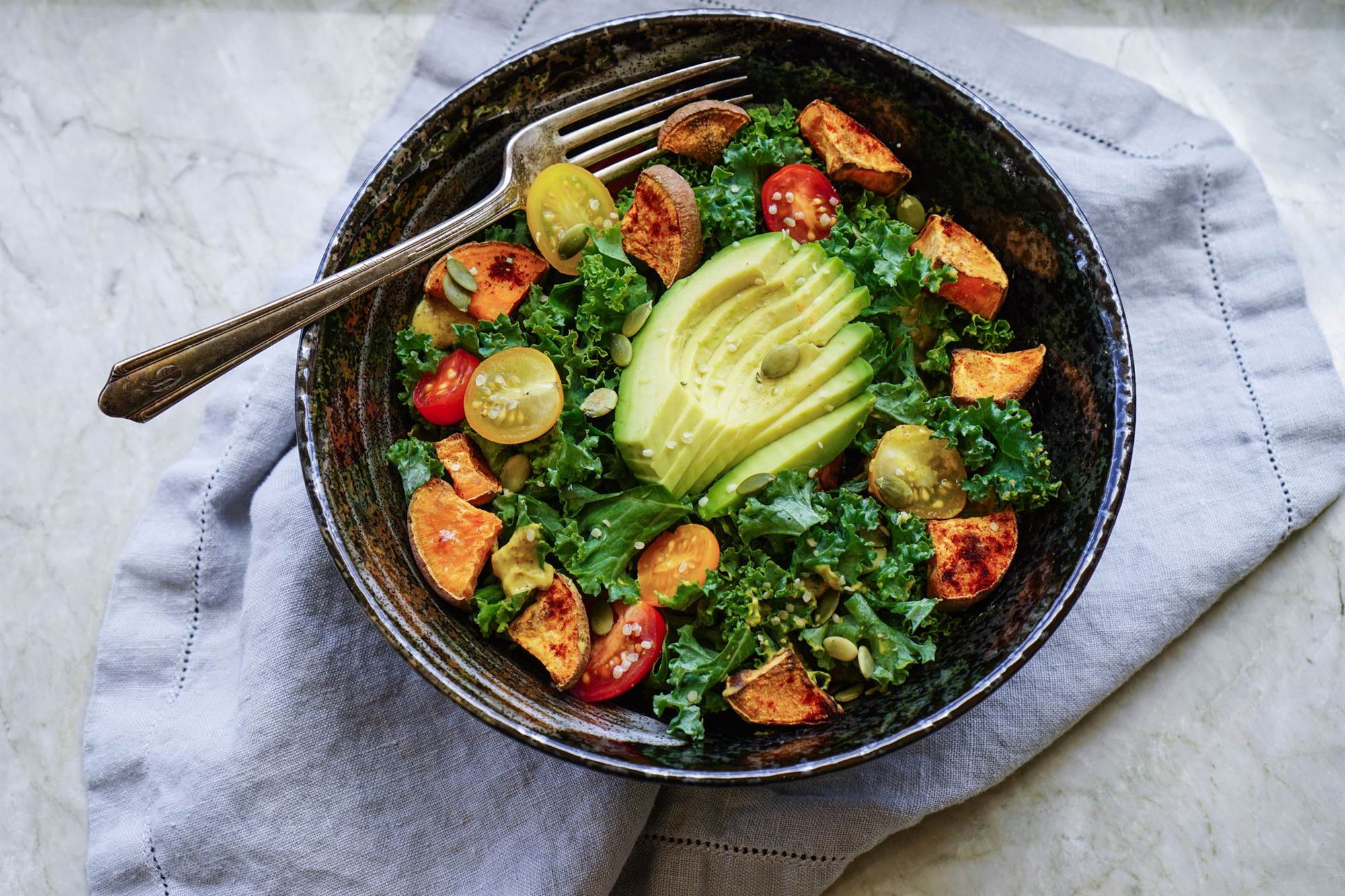
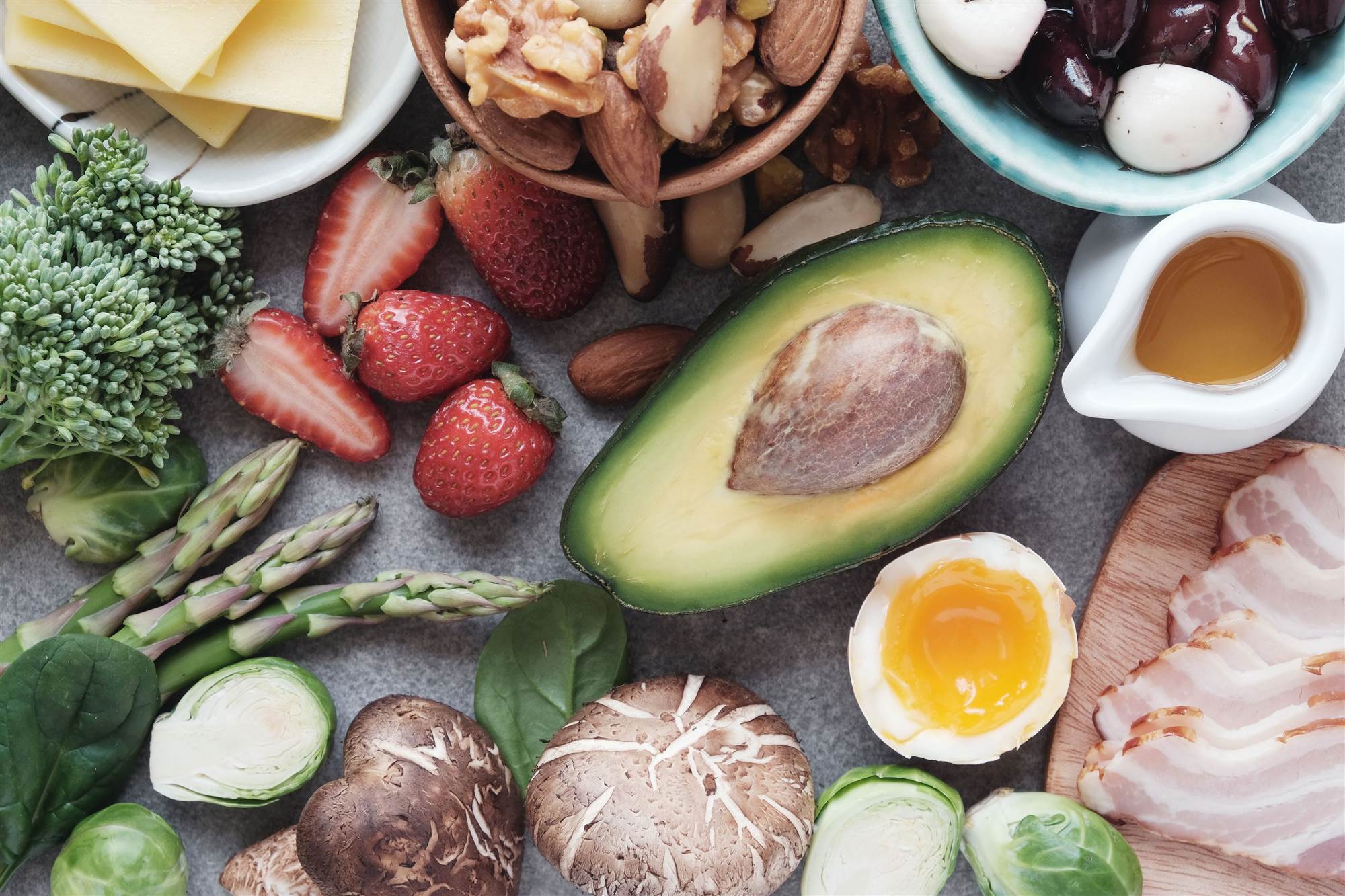
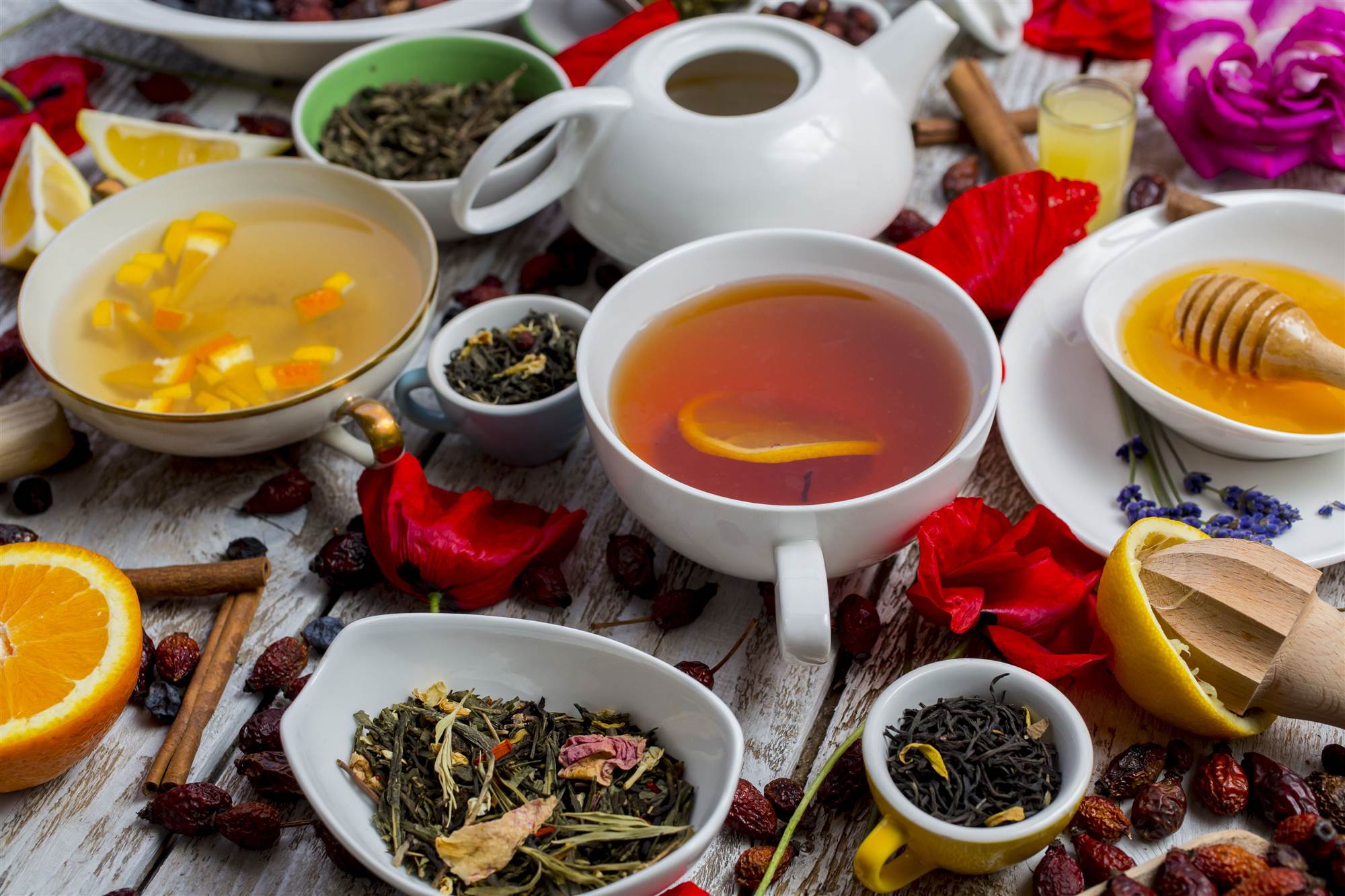
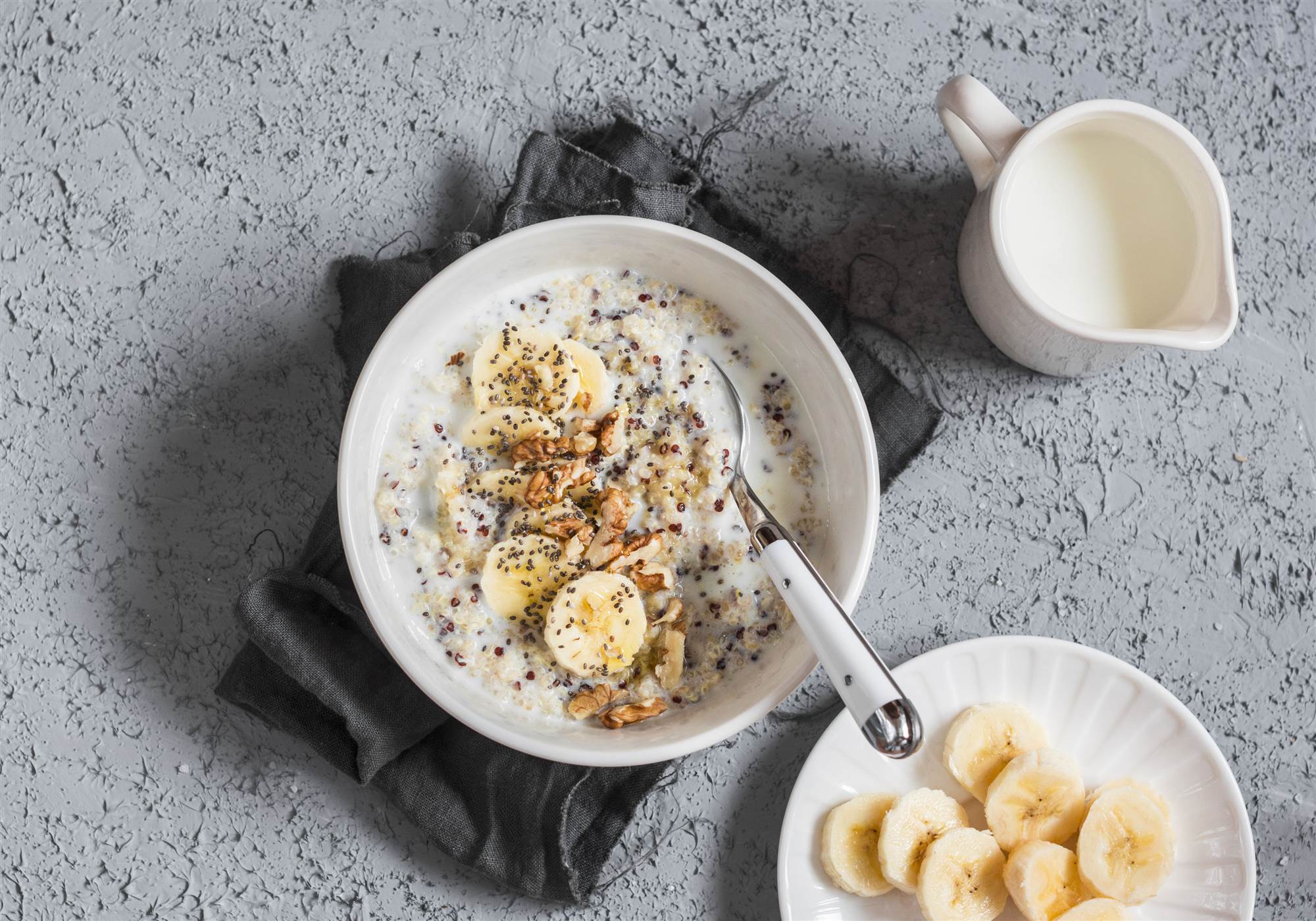

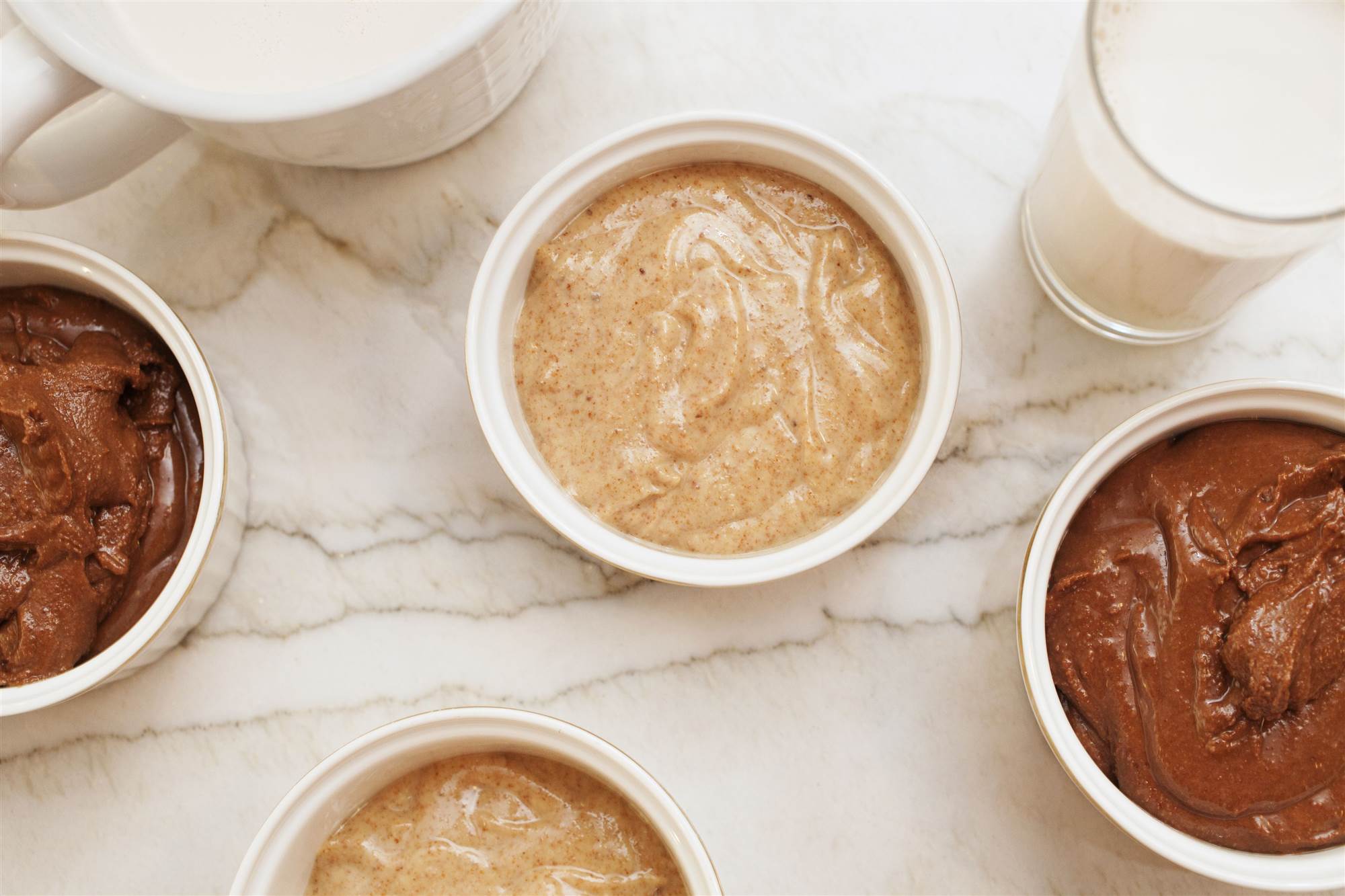
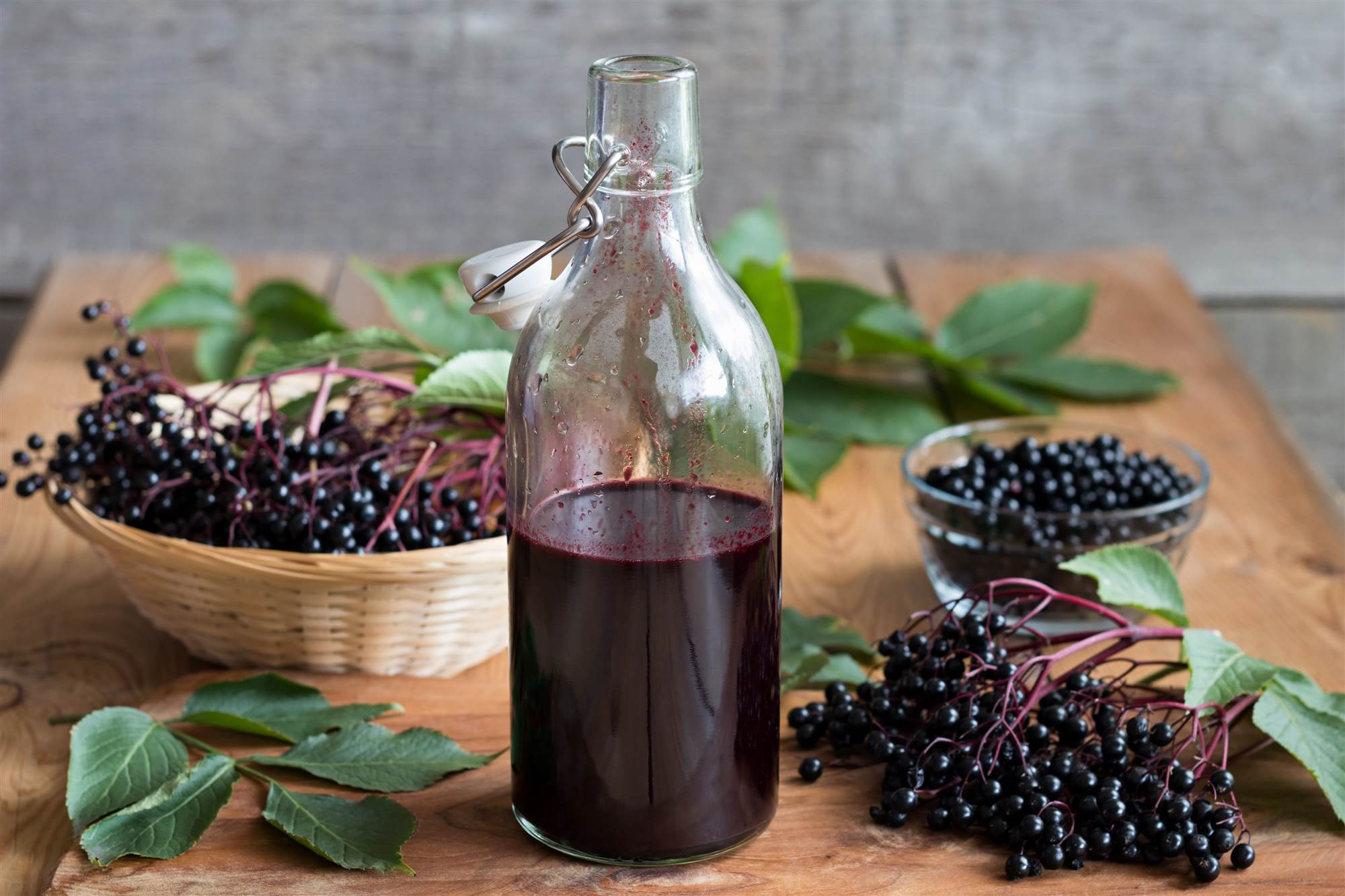
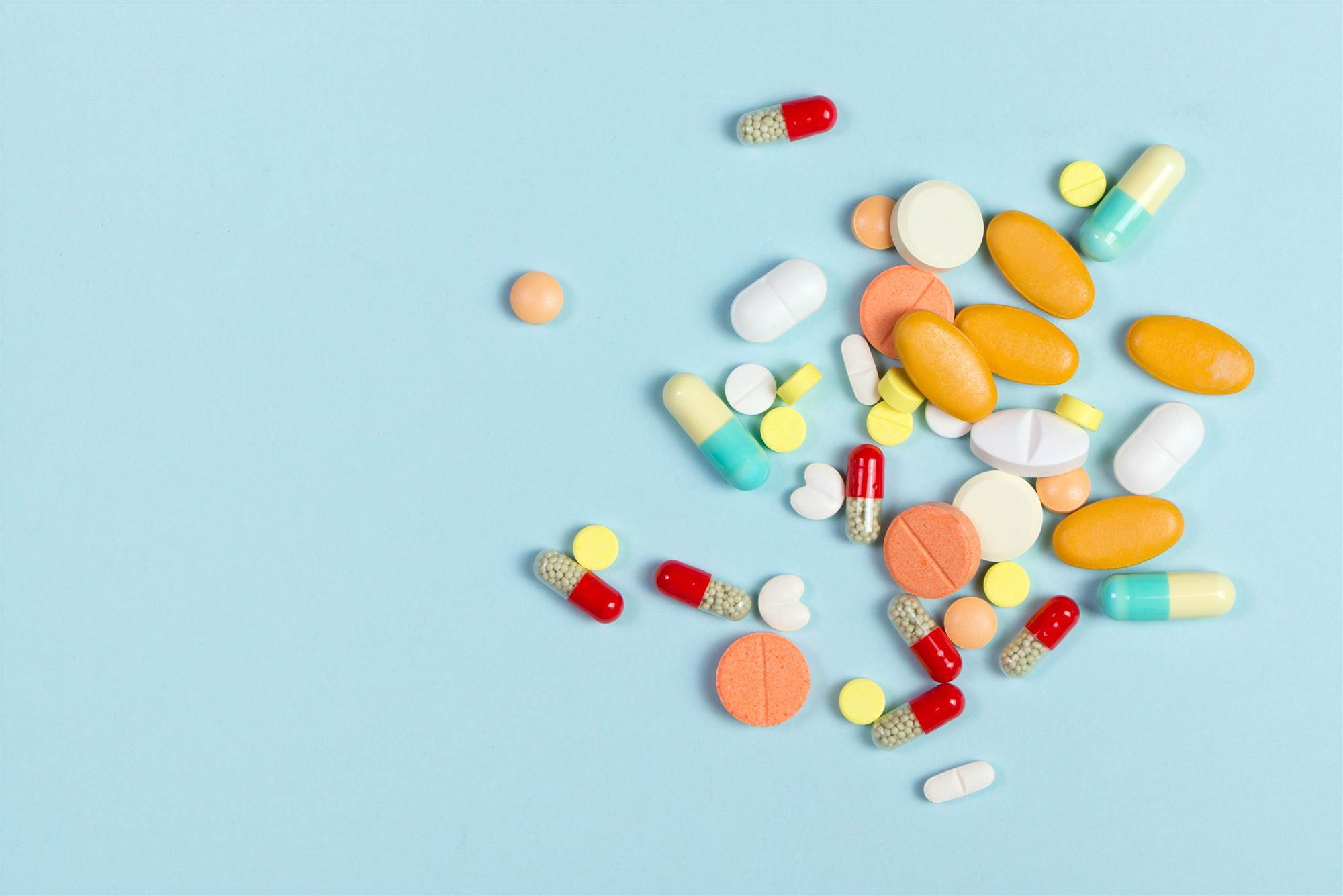

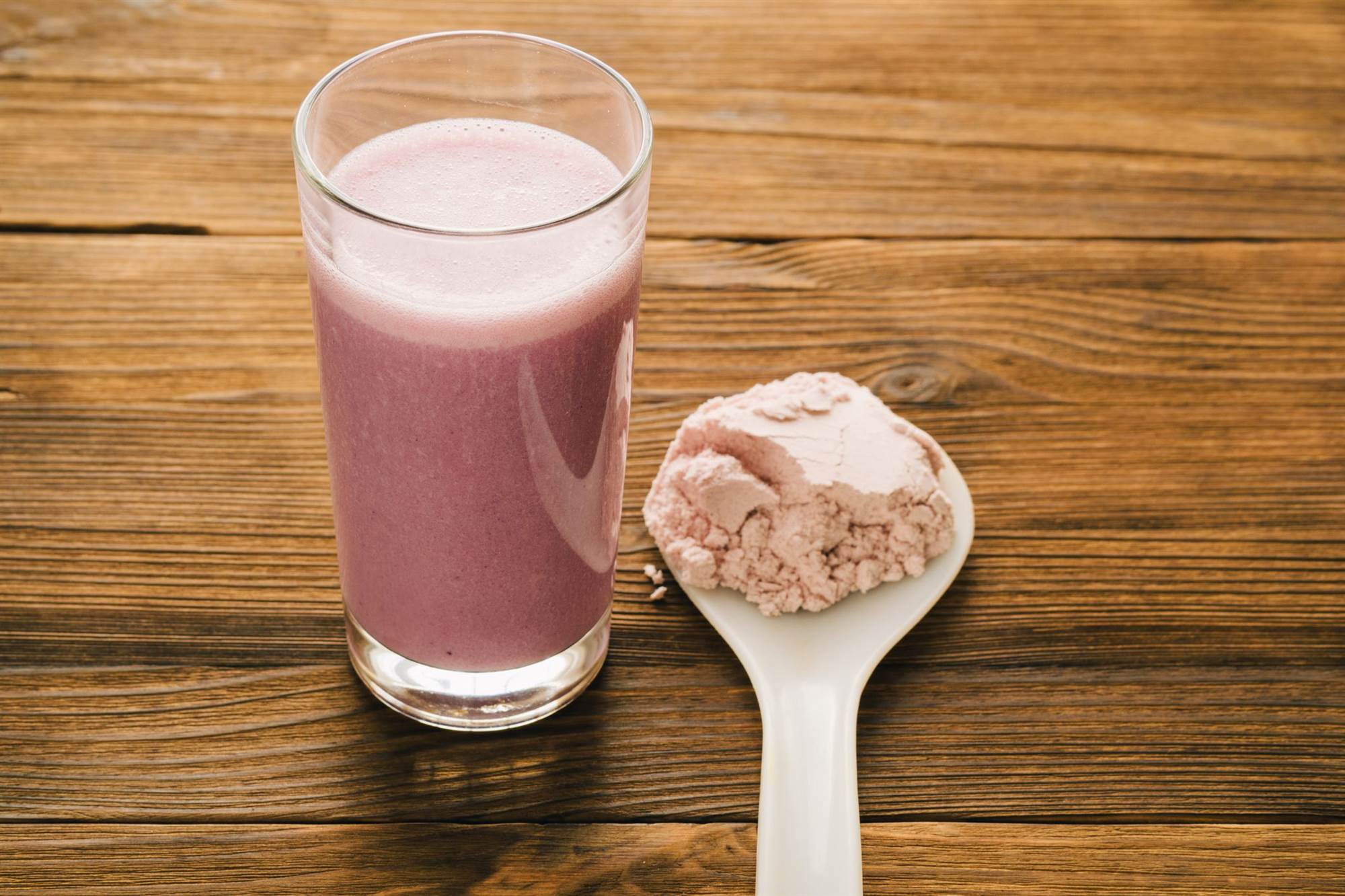
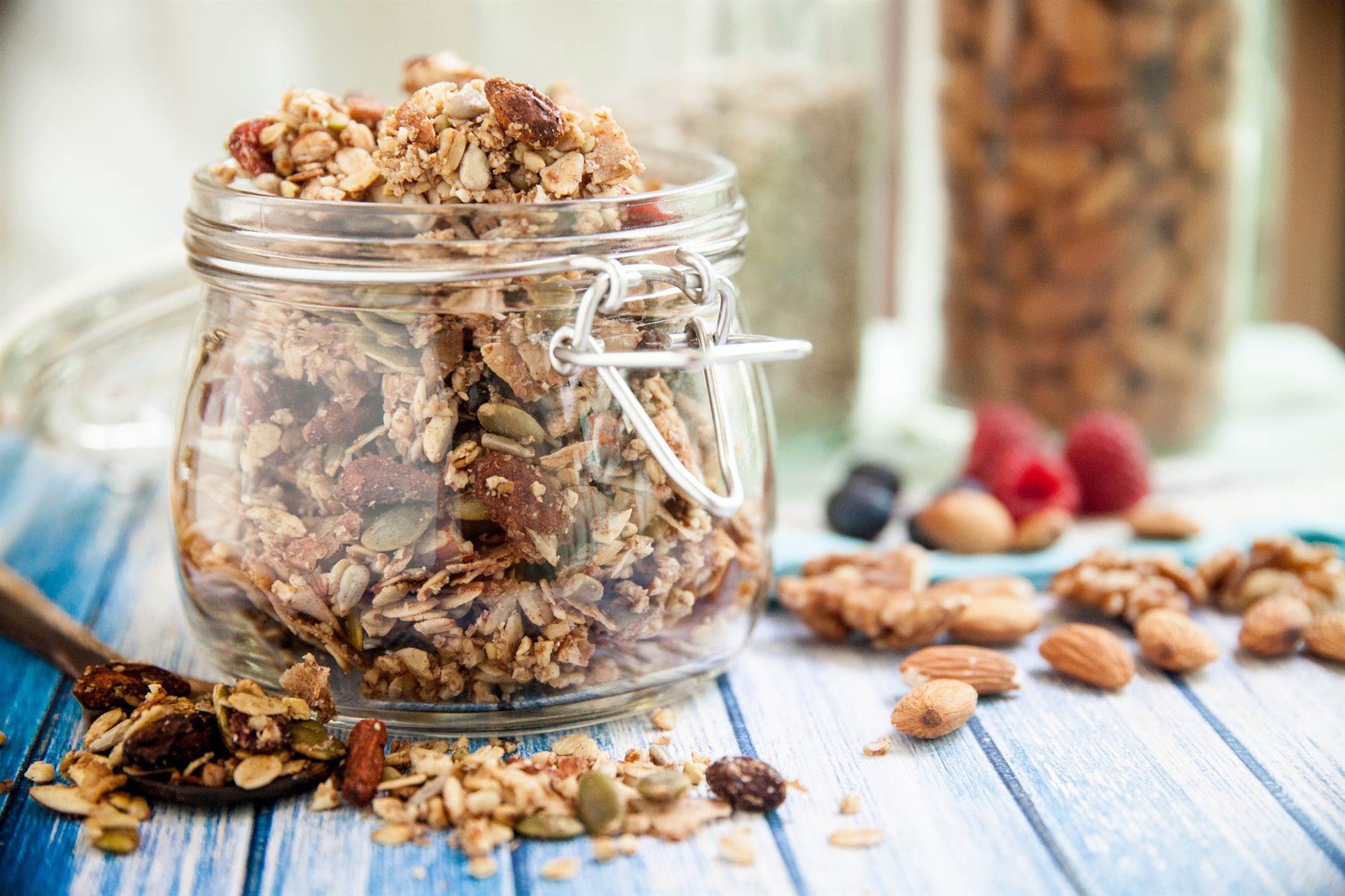
Dougal Waters ©Getty Images
Celery juice
Just when you thought you’d never sip another juice, celery juice emerges as a magic elixir. Endorsed by celebrities, including Miranda Kerr and Leah Michele, celery juice is touted for its ability to help remove toxins from your body and stabilise blood pressure levels. And because it’s a rich source of magnesium, proponents say it helps boost energy and aids muscle recovery. But does the Hulk juice live up to its hype, or are we squeezing truth out of nothing?
"There's little scientific evidence that proves the long-term health benefits of celery juice, but there have been many claims that people do feel better when it's part of their daily routine," says dietitian Keri Glassman. Instead, Glassman recommends enjoying celery in a smoothie. "I'm a smoothie person-one for the fibre-but also to feel satiated and full until lunch. Juices are quick digesting and the sugars are quick to enter your bloodstream, leaving you feeling hungry soon after," she adds.
Dougal Waters ©Getty Images
Pegan diet
If the pegan diet sounds like an oxymoron, it's because it kind of is. Dr Mark Hyman first coined the pegan diet, which he calls a mash-up of vegan and Paleo diets.
The pegan diet emphasises a “clean” way of eating that includes plenty of vegetables and fruits, high-quality fats, little or no foods treated with pesticides, antibiotics and hormones, lean protein, and low-mercury fish. Sounds good, right? But the diet limits whole grains because they raise blood sugar levels, and dairy because it's seen as inflammatory.
Glassman says that with any kind of diet, whether it's pegan or not, is to be conscious of its deprivation. "If you're prone to feeling 'off' or 'on' and struggle with yo-yo dieting, this [pegan diet] may not be for you," Glassman explains. "I always say to use your hunger quotient as the number one measure of healthy eating. It allows the flexibility of choosing what you actually want to eat without having hard and fast rules on food groups or following macros," she adds.
However, dietitian Jessica Levinson says that restriction diets, like the pegan diet, just lead to overeating. "Grains, legumes, and dairy-containing foods, which are to be avoided or limited on a pegan diet, have important nutrients we need. That said, compared to a paleo or vegan diet individually, I do think the pegan diet is a healthier choice," Levinson explains.
Dougal Waters ©Getty Images
Low-carb diets
It’s not a surprise that low-carb diets make this list as hundreds of books around the keto diet were published in 2018. The diet has helped millions of people lose weight, but is it really good for you? Science doesn’t think so. According to an August 2018 study in Lancet-which followed more than 15,000 people for 25 years, those who eat a moderate amount of carbohydrates live an average four years longer than someone who eats a very low-carb diet.
Another 2018 study of nearly 25,000 participants from the European Society of Cardiology suggests that people who consume a low-carb diet have a 32 percent higher risk for premature death than those who eat a moderate amount of carbs. That’s because reducing your intake of carbs, which include vegetables and fruits, means depriving yourself of important nutrients and antioxidants.
Dougal Waters ©Getty Images
Ayurvedic diet
While this 5,000 year-old diet isn’t anything new, the ancient practice, which originated in India, has recently become more popular because of its focus on mindful eating through Ayurvedic doshas. Doshas are personality types that correspond to different elements, including space, air, fire, water, and earth. For example, if you’re Vata, you’re creative, intense and expressive. The Ayurvedic diet recommends you work with an Ayurvedic doctor to identify your dosha, so you can start eating a diet that caters to it.
Nutrition and wellness expert Frances Largeman-Roth says, "I actually tried an Ayurvedic diet for a week while I was in India several years ago. It does have wonderful benefits in the sense that you will be consuming a lot of ginger, turmeric, and cinnamon-all of which fight inflammation."
But it has been difficult to test whether Ayurvedic diets are effective because they don't fit the mold of Western medicine. However, I do think anyone can benefit from incorporating some of the practices."
Dougal Waters ©Getty Images
Oat milk
Move over, almond milk. Oat milk is the latest non-dairy alternative to hit the aisles. More people than ever are shopping for dairy-free options, whether they're lactose intolerant or not. But don't let the label fool you. While most brands use real oats in their milk, they’ll also load up on added sugars and a host of additives to boost the flavour. "If oat milk works better for your diet than dairy milk, go for it! As long as you're just adding a touch to your coffee, then it's fine. You shouldn't be chugging it alongside every meal-water is best for that," Glassman says.
Glassman recommends choosing a brand with a simple ingredient list and checking the sugar content. "Avoid flavoured versions, like chocolate and vanilla to steer clear of added sugar. Try to buy organic if it's available," she says.
Dougal Waters ©Getty Images
CBD-infused drinks
Ready to take your health higher? CBD oil made quite a splash in 2018 with the hemp derivative infused in everything from skincare products to dark chocolate bars. In 2019, we foresee CBD oil making even bigger waves in sparkling water, lattes, and other beverages.
"It's hard to say its [CBD] effects in things like lattes, but choosing a product suspended in oil, like coconut oil, and administered under the tongue-to my knowledge-is the most effective way to work CBD oil into your routine," Glassman says.
Largeman-Roth agrees. "I'm not sure if there's a difference between drinking and eating it [CBD], but you can certainly drink something more quickly than you can eat it. I do know that if a product contains fat in it, the effects of CBD can last longer."
Bottom line: If you want to incorporate CBD into your routine, go for "full-spectrum" or "broad-spectrum" varieties and use a dropper to add the oil to your drink so you know exactly how much you're getting.
Dougal Waters ©Getty Images
Dessert hummus
Whether you’re trying to lose weight or want to eat healthier, dessert hummus sounds like the perfect marriage of fibre, protein, and sugar that you can actually feel good about. Unfortunately, many brands that make this so-called healthy treat have only one measly gram of protein-a far cry from what you'd expect from eating chickpeas. Plus, they pack as much as five grams of sugar per two-tablespoon serving.
"Definitely enjoy them as you would a chocolate dessert topping or sweet. Just because they're made out of chickpeas, it doesn't mean you can eat the whole container. It's the same way to look at chickpea brownies," Glassman says. "The chickpeas doesn't make it a golden product if it has the same added sugar as another dessert. It's exactly as it says-dessert hummus," she adds.
Dougal Waters ©Getty Images
Elderberry syrup
Although elderberry has been around forever, the trend of using it to help fight colds and the flu has become more popular, especially during the colder months. We see this sweet trend will continue and expand to food products with elderberry syrup.
"Some studies have shown a benefit to taking elderberry syrup, and many folks are now making their own at home. But be cautious as raw elderberries, including the leaves and flowers, contain a chemical that produces cyanide. So it's best to buy a commercially made syrup," Largeman-Roth says.
Largeman-Roth says she recently took the syrup when she thought she was coming down with a cold. "It did seem to really help shorten the duration of the cold. Elderberries are very high in anthocyanins and vitamin C."
Dougal Waters ©Getty Images
Nootropics
As more people focus on reducing brain fog and their risk of Alzheimer's disease, they're looking into nootropics to enhance their brain health. Similar to adaptogens, nootropics are herbs and synthetic compounds that help improve your memory and cognitive abilities. Caffeine, melatonin, L-theanine, and ashwagandha are examples of common nootropics.
"As many adults know, there is a benefit to caffeine, but we also know that too much of a good thing can be detrimental. This trend is one I'll be watching closely. My guess is that they be overpromising results," Largeman-Roth says.
Dougal Waters ©Getty Images
Essential oil-infused foods and drinks
If you don't own a diffuser, then you're missing out on the benefits of essential oils. Essential oils, like lavender, tea tree oil, and peppermint, have been shown to help treat anxiety, acne, and an upset stomach. But now these scented oils are making their way into your food and drinks.
But consuming them isn't the same thing as smelling, Glassman says. "There's little hard science on this to know for sure as far as consuming them, but I love essential oils for their effect on mood when diffused into the air."
Dougal Waters ©Getty Images
Adaptogenic drinks, snacks, and protein powders
These healing herbs are purported to help you adapt to stress and boost your mood. While there's no harm in taking adaptogens, they're not the cure-all you might be expecting.
Studies suggests that ashwagandha, an herb that's used to reduce anxiety, can help treat insomnia and other sleep disorders, while maca root could be used as a natural aphrodisiac. Still, there's not enough science to completely back up all of its claims.
"Adaptogens, touted for helping your body adapt to stress, are that extra step to kick your health up a notch, but slightly gimmicky as far as being in packaged snack foods," Glassman says.
Dougal Waters ©Getty Images
Probiotic mueslis and smoothies
Many people have issues with IBS, SIBO, and other digestive conditions, so they turn to probiotics. But we don’t just mean natural food sources of probiotics like Greek yoghurt and sauerkraut. We see probiotics infused in granola bars, protein powders, and pre-made smoothies and juices.
"I predict that this is the year that consumer look beyond probiotics and start looking for products that also contain prebiotics. As long as the product guarantees that it has billions of live probiotics, it should be offering a similar benefit as fermented dairy," Largeman-Roth says. "But consumers need to remember that granola bars and other packaged products may also bring along added sugar, sodium, and other things that you don't necessarily want with your probiotics."






